Better Ears. Superior Sound.
Audio Ear Training for Music Producers and Sound Engineers
The Gym for Your Ears
Level up with interactive ear training games, master core listening skills like frequency detection and compression - and start mixing like a pro. Let’s get started!
Let's Start Training
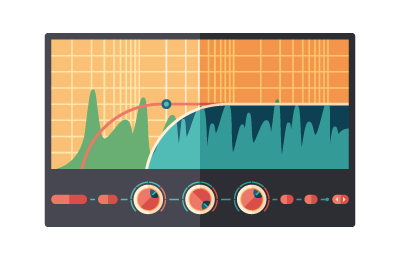
Learn Faster, Mix Smarter
Enter a learning environment like no other. Friendly, competitive, personalized, technological and full of surprises. Whether you're a novice or a pro, SoundGym will help you beat the learning curve! Learn more
Practice & Compete with Friends
Meet colleagues worldwide, share your knowledge, compete with friends, get inspired and stay motivated: our community is at the heart of the gym.
Let's Start Training
Track & Analyze your Progress
Get an objective feedback about your skills, monitor your learning process and track your improvement over time.

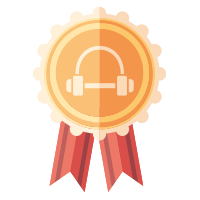
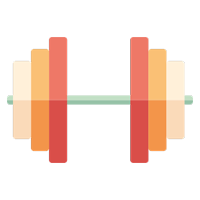


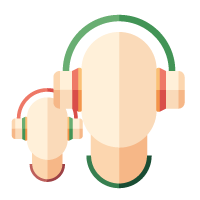
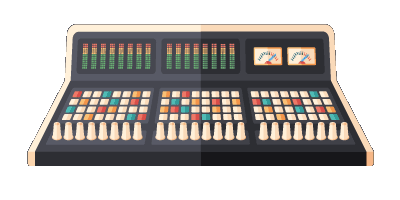
Get more with Pro
More games, more features, more fun. Pro music makers want the best – from their equipment, from their tech, and from their gym. Unlock Pro for the complete SoundGym experience.
Empowering Audio Education Worldwide
SoundGym provides educators, students, and institutions the ultimate online environment for audio ear training, learning and communicating.
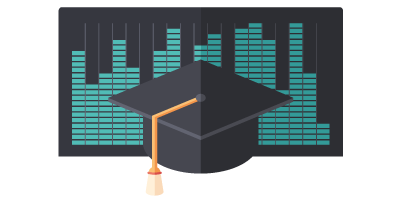
Join the SoundGym Family
We are sound experts, producers & engineers from more than 200 countries.